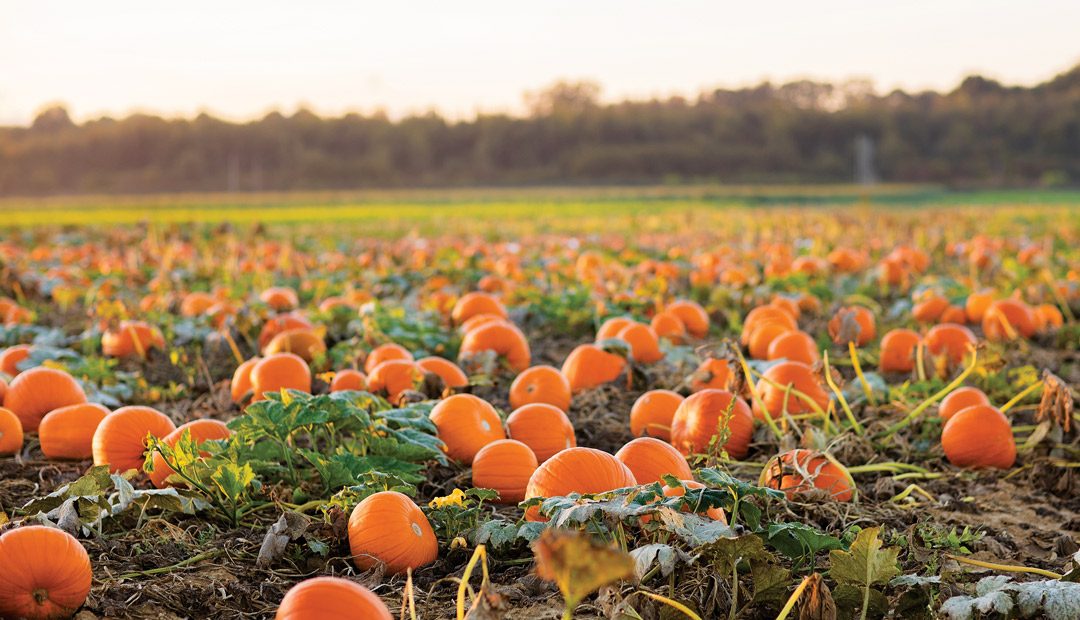Submitted by Laurie Floyd Fletcher
What amazing items will you find this season? What a good question! The truth is many of the summer vegetables continue to produce into September and even October. You’ll find tomatoes, peppers, zucchini, cucumbers, potatoes, celery, melons, herbs, onions, garlic, cabbage, broccoli, cauliflower, eggplant, plants, flowers, and even sweet corn. The list goes on and on. In fact, you could say it begins with A (for apples) and ends with Z (for zucchini)!
The orchards may not be growing peaches; but apples, nectarines, grapes, and pears are available. Apples have a long season and will be available into winter. Apple cider should be abundant. Flowers and plants continue to bloom well into the fall and are beautiful too! You may also find honey or beef for sale.
There are fruits and vegetables that are not ready to pick until the fall, though. They include various winter squashes and pumpkins. Winter squash and pumpkins differ from summer squash as they are not harvested or eaten until the seeds within have matured fully and the skin has hardened into a tough rind. At this stage, most varieties can be stored for use during the winter. Depending upon the variety, they can be stored from 6 weeks to 6 months or longer. These delicious fruits are great to bake and make wonderful soups. They can even be microwaved. For some reason, they can be intimidating to folks; but with the proper knowledge, you can create easy and nutritious dishes for your entire family! Babies love pureed squash and the produce is considered a great choice for weaning and introducing food to babies’ diets. Squash does not usually cause allergies and is an excellent source of carbohydrates, dietary fiber, vitamins, and omega-3
fatty acid.
Pumpkins, gourds, corn stalks, straw, and flowering plants are perfect for decorating your home or business this fall season. Many of these items will last until Thanksgiving. Closer to December, evergreen wreaths and other festive decorations may be available from your local farmers.
When you buy from local farmers and vendors, you can talk to the person who grows the fruits, vegetables, plants and flowers; who bakes or cooks the various home-made goodies; who raises the animals; who collects the honey; and who makes the wine! If you have questions about any of these items, just ask them! They are happy to spend time engaging with their customers about their process and products. The weather will turn chilly, but put on your sweater and shop local.







